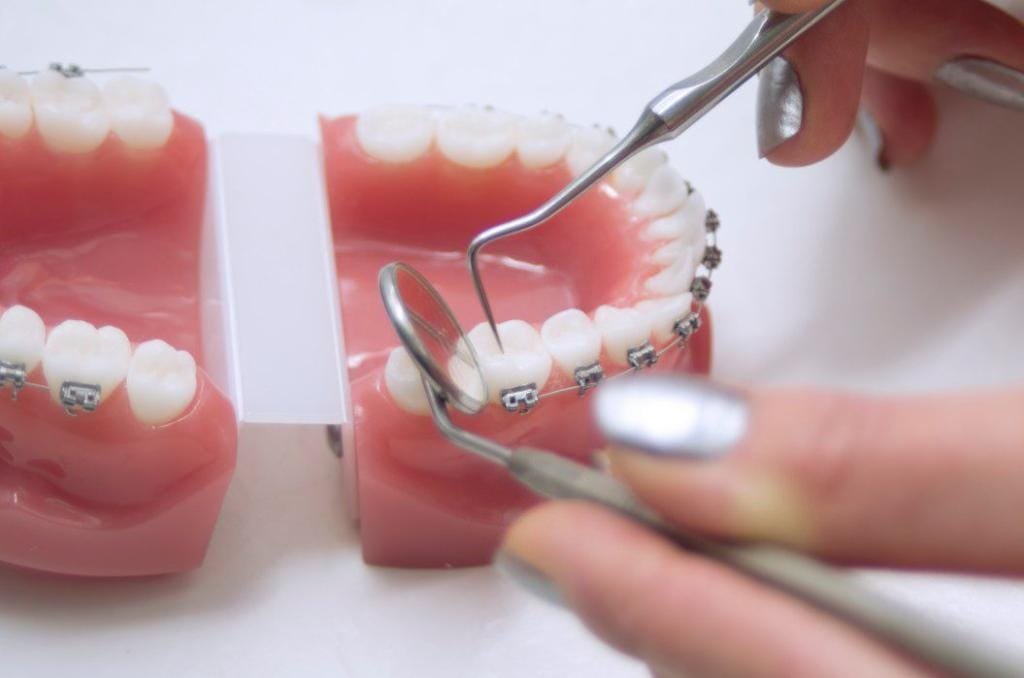Treatment Options For Severe Tooth Decay That Teens Should Know About
In theory, severe tooth decay should never be an issue, especially for teenagers. Regular dental visits will catch most issues and prevent severe decay from developing. But, as we all know, complications happen and approximately 16% of the population have a fear of the dentist. This increases the likelihood of severe tooth decay.
If you’re experiencing this you need to contact a reputable dentist Petrie or wherever you live and find out about the available treatment options.

How Severe Tooth Decay Occurs
Your teeth are covered in a hard substance called enamel. It’s the toughest substance in your body and roughly as strong as titanium. However, it can be weakened and destroyed by acid. Unfortunately, sugar in the food you eat combines with bacteria in your mouth to create acid, that attacks the teeth.
Brushing twice a day, flossing, and even using mouthwash can help to minimize the acid and reduce the likelihood of decay. But, even the best oral hygiene process won’t completely stop it. That’s why your teeth need to be regularly inspected and the plaque cleaned off.
If the enamel starts to wear away, bacteria can get into your tooth, causing a cavity. The longer it’s left the worse it gets. If left, it will result in severe toothache as the pulp inside your tooth is destroyed. It can even lead to an abscess and affect the structure of your jaw bone.
Getting Severe Tooth decay Treated
It’s highly likely that you’ll have an infection and possibly an abscess. Your dentist will poke your teeth to find soft areas and they are likely to x-ray you to check for cavities and how severe they are. Don’t hesitate to get your tooth decay sorted by the cosmetic dentist in chattanooga TN with restorative dental procedures.
There are three main types of cavity:
- Smooth Surface
This is the early stages of a cavity when the enamel is damaged but that’s all. A filling or resin can resolve the issue.
- Fissure
A fissure means the bacteria is making its way through your tooth but hasn’t yet reached the root. It will need to be cleaned and filled. But, it’s unlikely to be severe.
- Root
When the hole and the bacteria reach your root you’ll develop severe toothache as this is where the nerves are. This is serious tooth decay and needs to be looked at quickly.
The most effective way of treating tooth decay is to drill a second hole in the affected tooth and clean the inside area. Your dentist will then place a temporary filling there while you take a course of antibiotics, ensuring the infection is gone.
They can then replace the temporary filling with a permanent one and shape it to match your tooth line. It will barely be noticeable. You may be surprised to learn that this is effectively root canal and it’s virtually pain-free. It does save your tooth.
In more severe cases the tooth has become so decayed that it will need to be extracted. If this occurs the best idea is to get an implant or bridge to fill the gap and maintain the strength in the rest of your teeth.